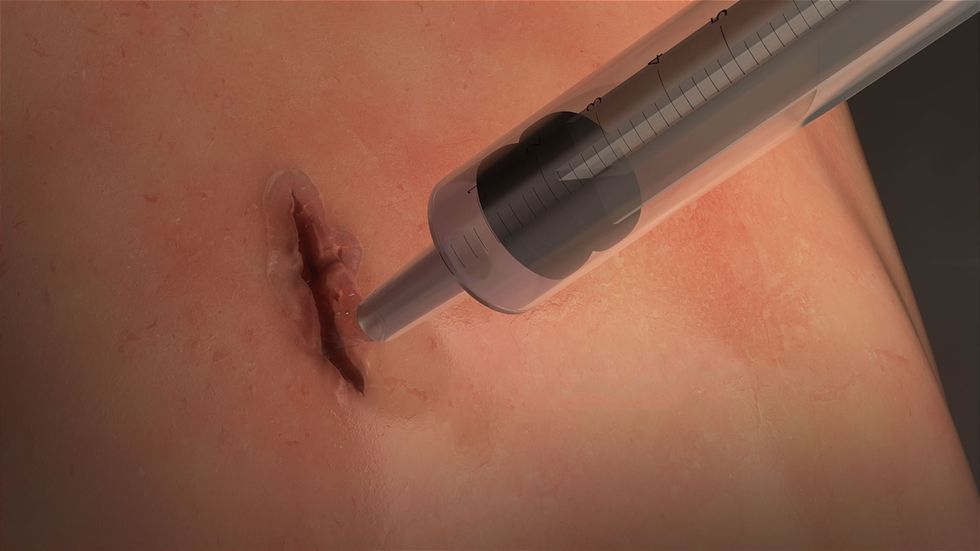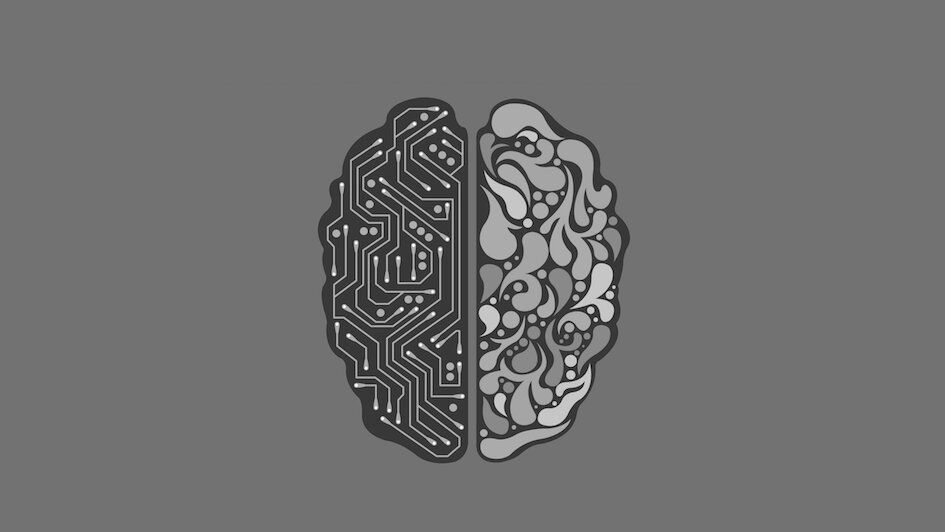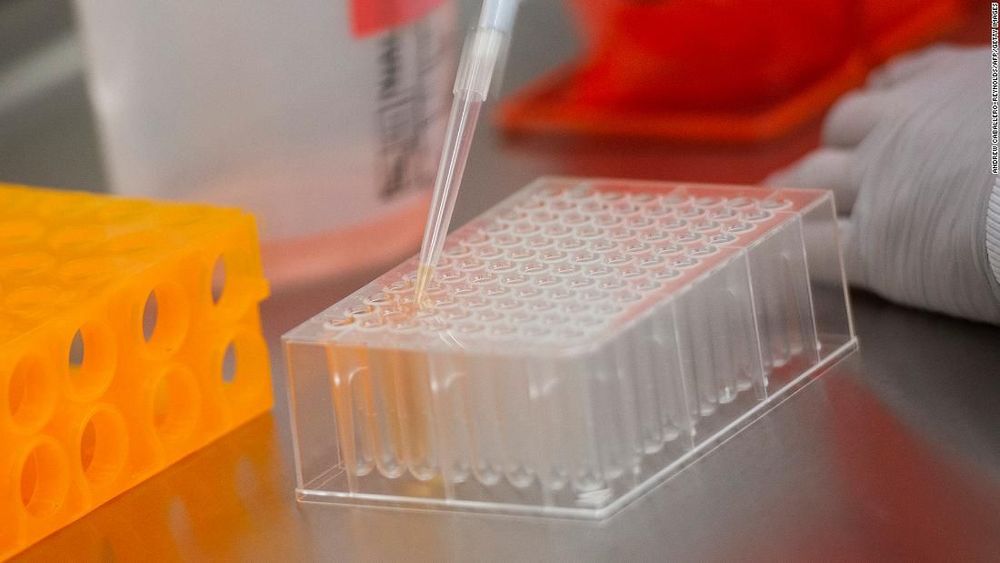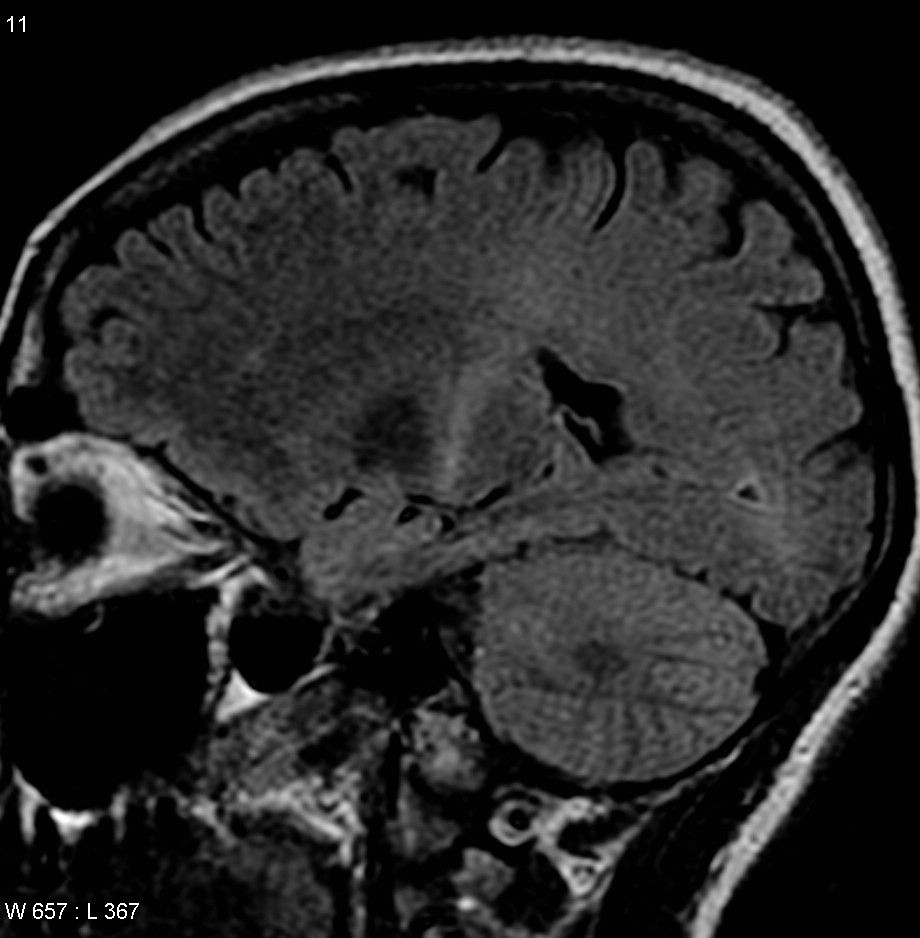This 3D-printed bunny could be the future of data storage via Seeker.
Category: biotech/medical – Page 2,158

Glue Made of Human Protein Heals Wounds Faster and Better
Another bit of science fiction is coming to life as scientists develop a highly elastic and adhesive surgical glue similar to the one Ryan Gosling used to seal his wound in Blade Runner 2049.
Surgeons use sutures, staples, and wires (sometimes in combination with adhesive substances) to facilitate healing of external and internal wounds. These methods, however, are not optimal, especially for reconnecting contracting tissues like those of lungs, arteries and the heart.
Sutures are also not ideal for preventing the leaking of liquids from incisions. In addition, piercing tissues to place sutures can further damage the surrounding wound area and can increase the risk for infection.

This Drug Makes Mice Live Longer and Healthier Lives
The Buck Institute for Research on Aging scientists behind the research found that female mice that were fed enough AKG to maintain a younger mouse’s blood levels of the compound lived eight to 20 percent longer than the control group, according to research published Tuesday in the journal Cell Metabolism. On top of that, male and female mice who ate AKG had better fur color, stronger grips, and improved gait compared to others.
There’s a long and bumpy road between a successful mouse experiment and any sort of clinical applications for humans, but scientists are encouraged because AKG is already considered safe for humans to take.
“The big thing about this is that its safety profile is so good,” Holly Brown-Borg, a University of North Carolina aging researcher who didn’t work on the study told Science Magazine. “It has potential and should be explored further, for sure.”

Teaching evolutionary theory to artificial intelligence reveals cancer’s life history
Scientists have developed the most accurate computing method to date to reconstruct the patchwork of genetic faults within tumors and their history during disease development, in new research funded by Cancer Research UK and published in Nature Genetics.
Their powerful approach combines artificial intelligence with the mathematical models of Charles Darwin’s theory of evolution to analyze genetic data more accurately than ever before, paving the way for a fundamental shift in how cancer’s genetic diversity is used to deliver tailored treatments to patients.
Applying these new algorithms to DNA data taken from patient samples revealed that tumors had a simpler genetic structure than previously thought. The algorithms showed that tumors had fewer distinct subpopulations of cells, called “subclones,” than previously suggested. The scientists, based at The Institute of Cancer Research, London, and Queen Mary University of London, could also tell how old each subclone was and how fast it was growing.

Quest to colonize space demands boost from biotechnology, synthetic biology
Over the last 12,000 years or so, human civilization has noticeably reshaped the Earth’s surface. But changes on our own planet will likely pale in comparison when humans settle on other celestial bodies. While many of the changes on Earth over the centuries have been related to food production, by way of agriculture, changes on other worlds will result, not only from the need for on-site production of food, but also for all other consumables, including air.
As vital as synthetic biology will be to the early piloted missions to Mars and voyages of exploration, it will become indispensable to establish a long-term human presence off-Earth, namely colonization. That’s because we’ve evolved over billions of years to thrive specifically in the environments provided by our home planet.
Our physiology is well-suited to Earth’s gravity and its oxygen-rich atmosphere. We also depend on Earth’s global magnetic field to shield us from intense space radiation in the form of charged particles. In comparison, Mars has only patches of localized magnetism, thought to be remnants of a global magnetic field in the distant past. Currently, the Red Planet has no global magnetic field that could trap particle radiation from interplanetary space. Also, the Martian atmosphere is so thin that any shielding against space radiation of any kind is minor compared with the protection that Earth’s atmosphere affords. At the Martian surface, atmospheric pressure never gets above 7 millibars. That’s like Earth at an altitude of about 27,000 m (89,000 ft), which is almost the edge of space. And while the moon’s proximity to Earth could make it a better location than Mars for the first off-world colony, the lunar radiation environment is similar to that of Mars.


Investigational ALS drug generates promising clinical trial results
“The participants treated with AMX0035 demonstrated a significant slowing of ALS disease progression as measured by the ALSFRS-R. This is a milestone in our fight against ALS,” said Sabrina Paganoni, MD, Ph.D., principal investigator of the CENTAUR study.
An experimental medication slows the progression of the neurodegenerative disease called Amyotrophic lateral sclerosis (ALS), or Lou Gehrig’s disease, according to recently released results from a clinical trial run by investigators at the Sean M. Healey & AMG Center for ALS at Massachusetts General Hospital (MGH) and Amylyx Pharmaceuticals, Inc., the company that manufactures the medication. The findings, reported in the New England Journal of Medicine, offer hope that a treatment may one day be available for patients with ALS, a fatal condition with no cure that attacks the nerve cells in the brain and the spinal cord to progressively hinder individuals’ ability to move, speak, eat, and even breathe.
Called AMX0035, the oral medication is a combination of two drugs, sodium phenylbutyrate and taurursodiol, that each target a different cell component important for protecting against nerve cell death.
In the CENTAUR trial, 137 participants with ALS were randomized in a two-toone ratio to receive AMX0035 or placebo. Over six months, participants who were treated with AMX0035 had better functional outcomes than those treated with placebo as measured by the ALS Functional Rating Scale (ALSFRS-R), a questionnaire that evaluates several activities of daily living such as a patient’s ability to walk, hold a pen or swallow food.
Forbes 30 under 30 Asia Innovators 2020 from Pakistan Create PakVitae for the World
Rabia Nusrat, an environmental engineering student, Global UGRAD alumni, in her final year at University of Engineering and Technology, UET, Lahore, Pakistan and the first ideaXme public interviewer, interviews Shayan Sohail Sarwar, Forbes 30 Under 30 Asia Innovator and Chief Technology Officer PakVitae.
PakVitae:
PakVitae, founded in 2016, is a multi-million dollar clean water technology startup based in Pakistan.
The organisation’s mission is to provide 10 Million people with access to clean drinking water by 2022. https://www.pakvitae.org through offering the “worlds first ever intrinsically antimicrobial membranes that are biofouling resistant hence are failsafe”. In this ideaXme public interview discover details of their technology, as well as Shayan’s approach to innovation — “there can be no innovation without empathy”. https://www.linkedin.com/in/shayansohailsarwar/
Comment from PakVitae:
“We are a technology company. Our membranes are developed by a team of industry leading experts with decades of proven experience and success in the membrane industry. Applications include municipal water and wastewater treatment, industrial biotechnology, and food and beverage production.

Feeding the World with Cellular Aquaculture: Food Security and Sustainability
Cellular Aquaculture — Feed The World and Save the Oceans — Lou Cooperhouse, President & CEO, of BlueNalu, joins me on ideaXme (https://radioideaxme.com/) to discuss his company’s technologies to provide the world with healthy and safe cell-based seafood products, and support the sustainability and diversity of our oceans — #Ideaxme #StemCells #Aquaculture #Oceans #Fish #Sushi #Poke #Ceviche #SustainableDevelopment #Agriculture #Health #Wellness #RegenerativeMedicine #Biotech #Longevity #Aging #IraPastor #Bioquark #Regenerage ideaXme BlueNalu Rutgers University Rich Products Sumitomo Chemical: Group Companies of the Americas KBW Investments.
Ira Pastor, ideaXme life sciences ambassador and founder of Bioquark, interviews Lou Cooperhouse, President and CEO of BlueNalu.
Ira Pastor comments:
Global demand for seafood is at an all time high, as consumers are increasingly choosing to eat an extraordinary variety of seafood products that exist worldwide. Unfortunately, our global supply for seafood cannot keep pace with this demand, as populations of marine species have halved since 1970. This is due to overfishing, illegal fishing, rising ocean temperatures, acidification, the effects of trawling, and a number of other environmental, social, and political challenges.
At the same time, consumers are looking for more from their food choices. Consumers are increasingly concerned about animal welfare and the conditions in which fish are farmed and caught. In addition, they are increasingly concerned about their own personal welfare, as seafood can be a source of mercury, toxins and poisons, pathogens, viruses, and parasites, micro-particles of plastics due to plastic pollution in our ocean, and a variety of other environmental pollutants.